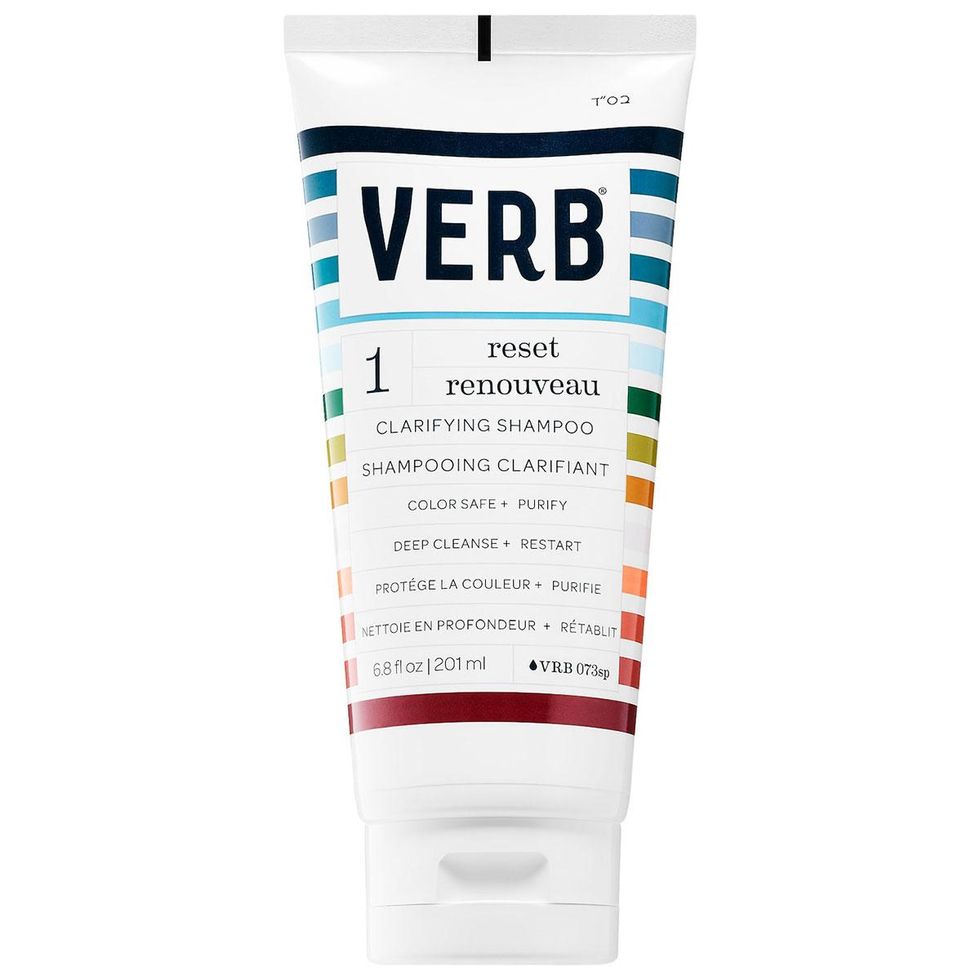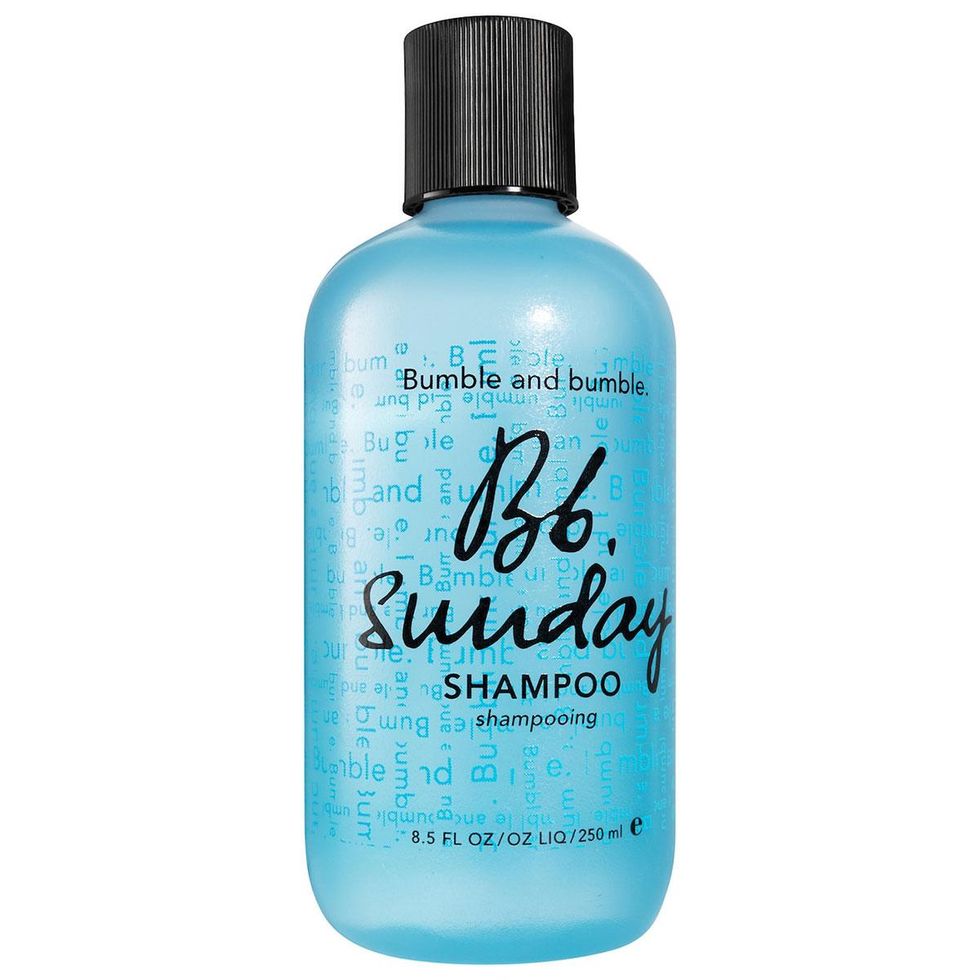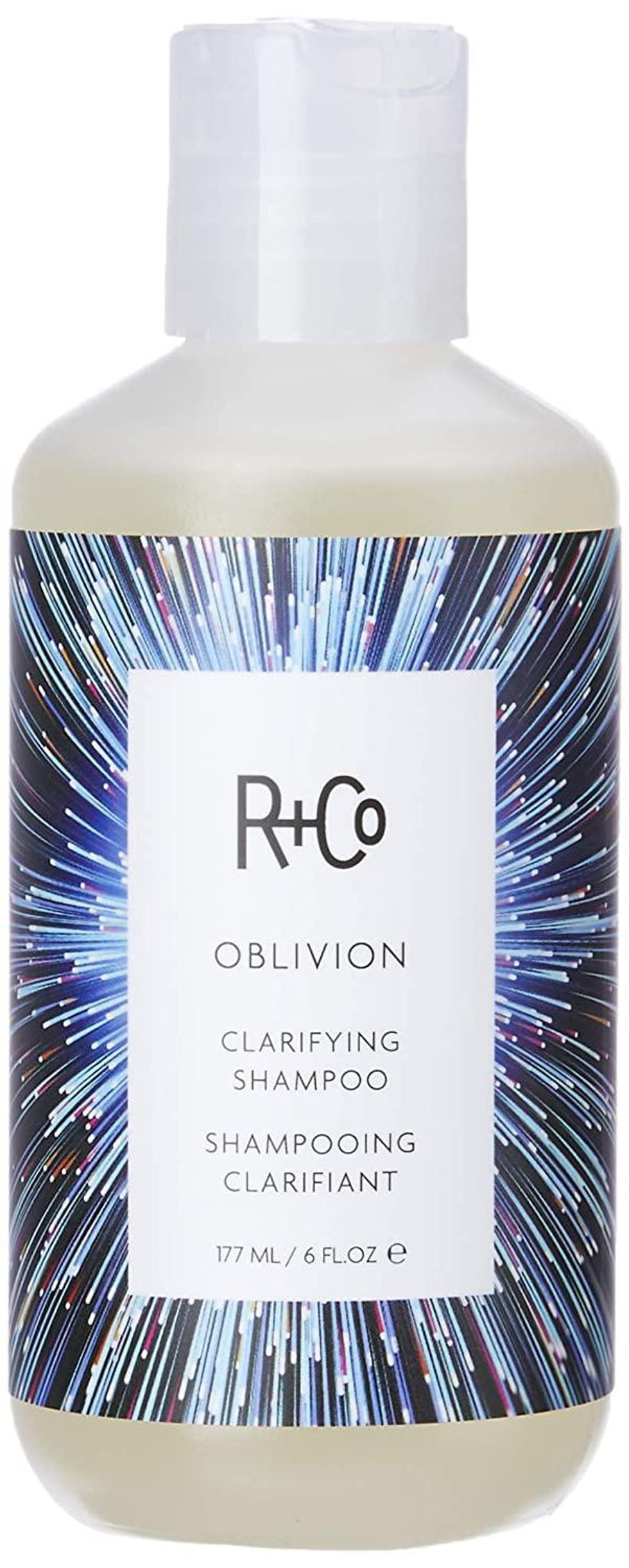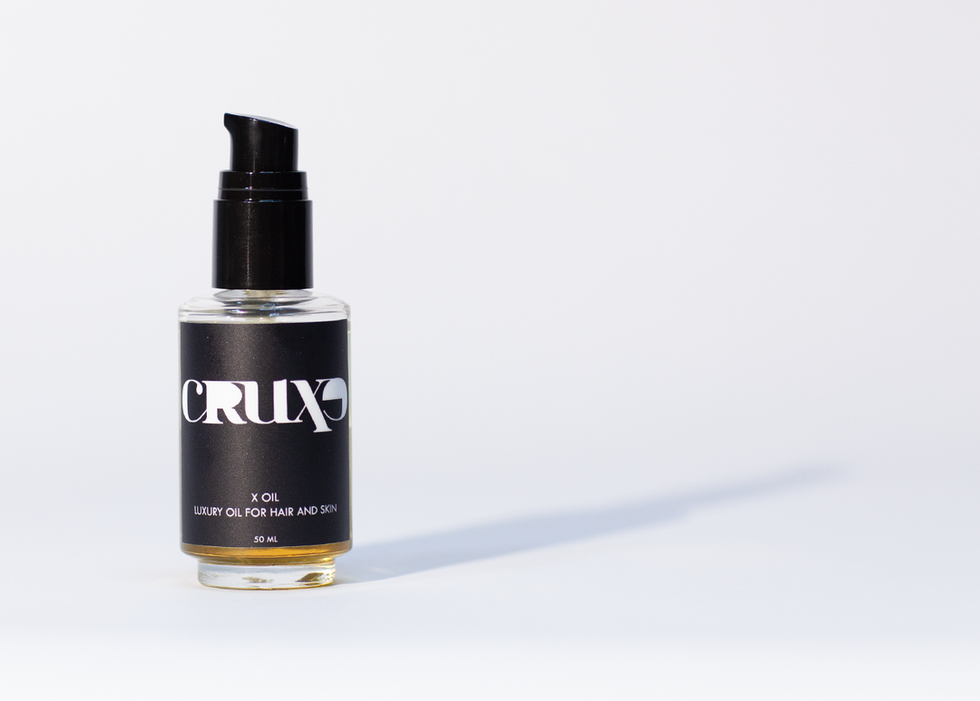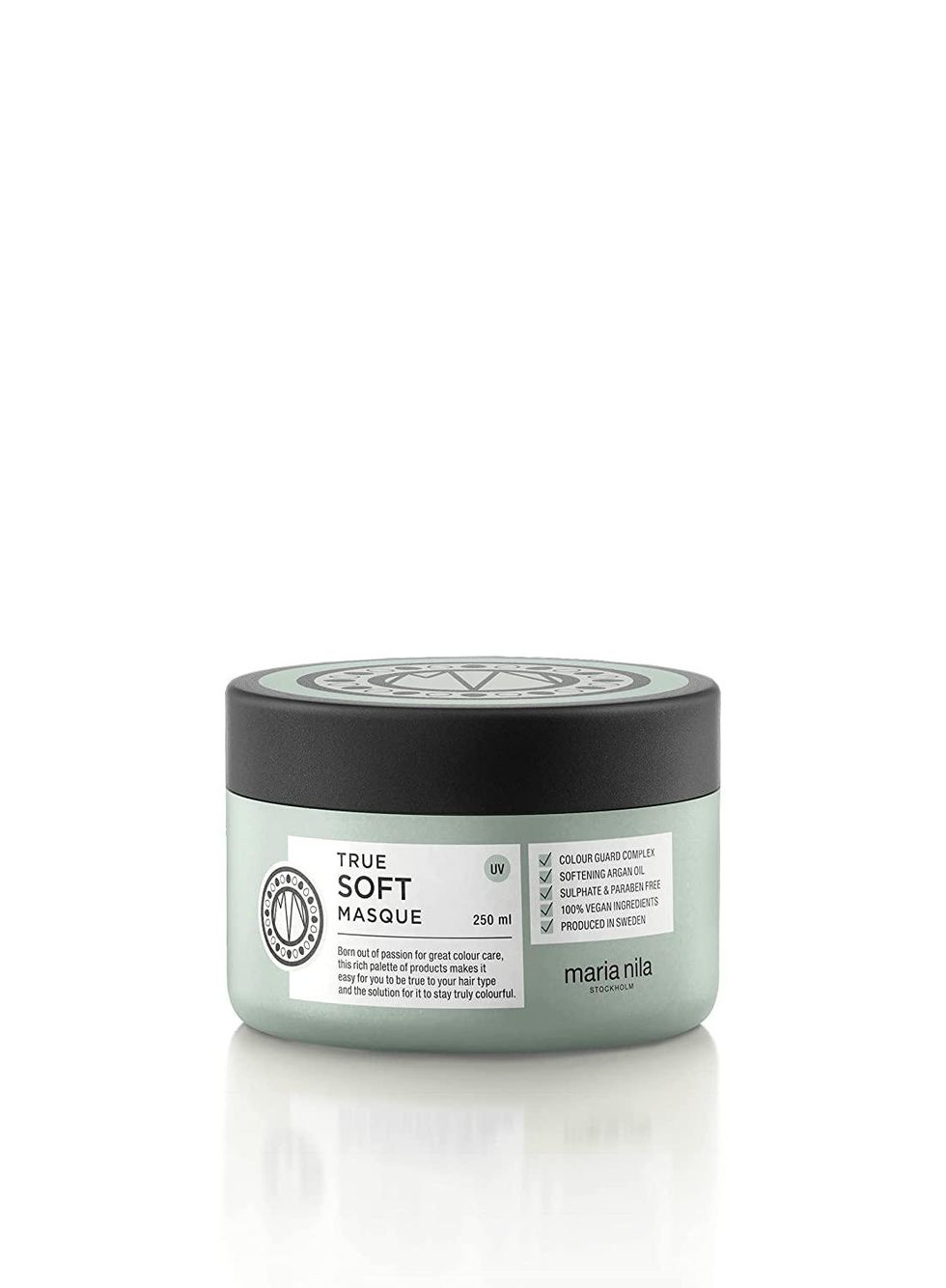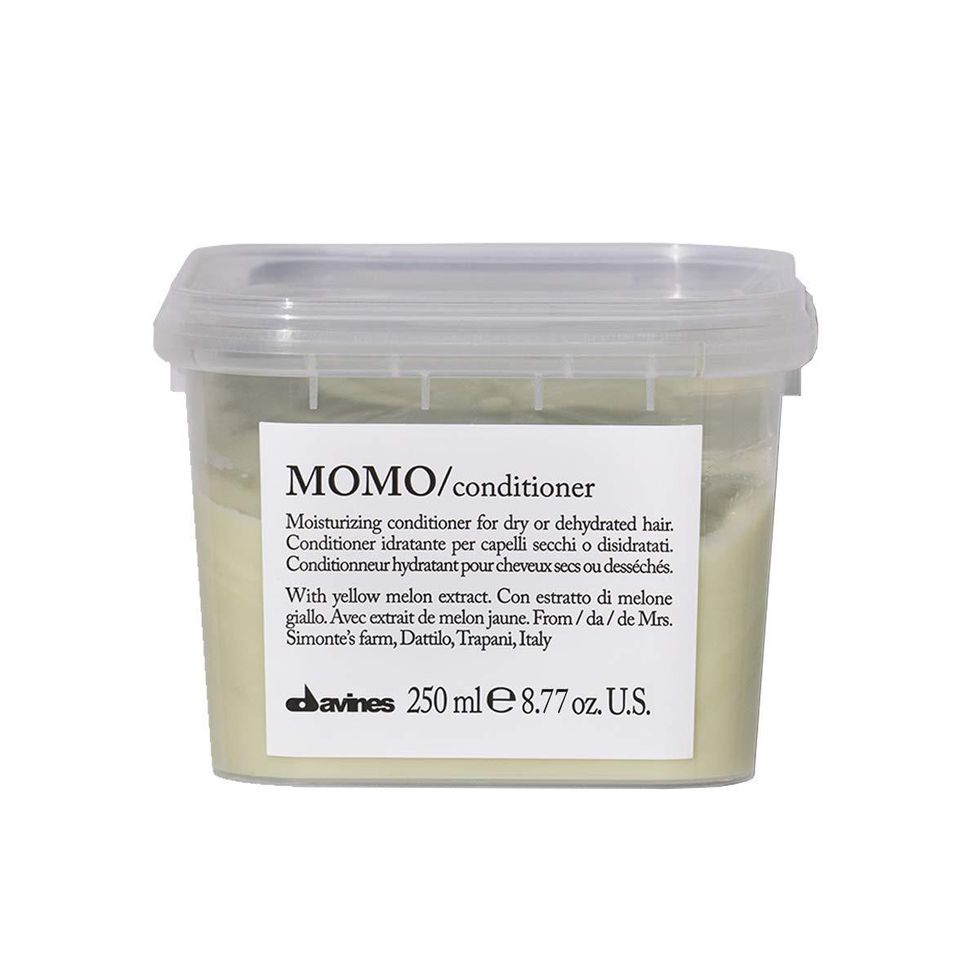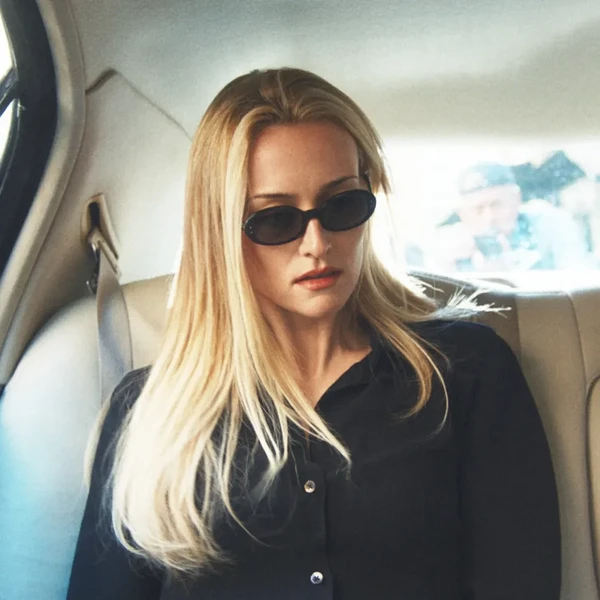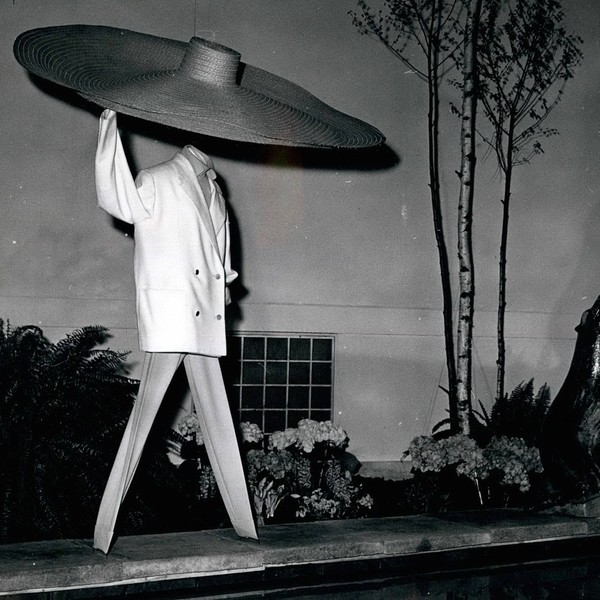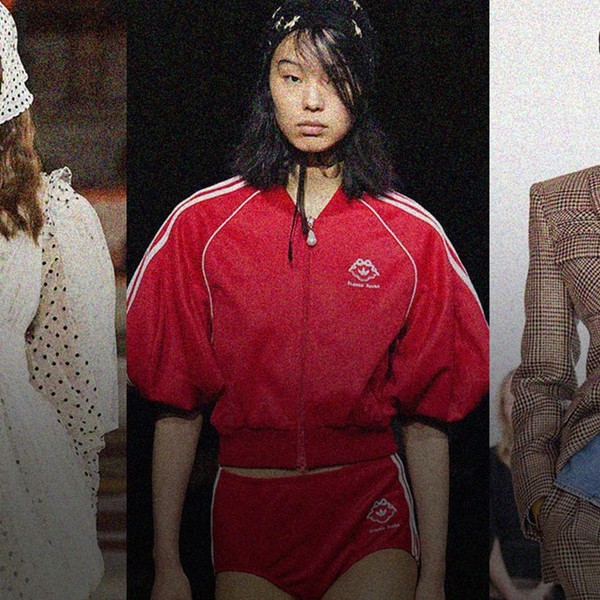
Over the years, you've probably heard that the foundation of any proper hair regimen is protein, and that these strengthening products are the key to strong, silky, and smooth hair. And it makes sense—when using excessive heat tools or undergoing intense chemical treatments, these practices strip the hair of its vital proteins that are key in maintaining the integrity and strength of your hair. However, while protein-based hair products can repair damaged hair with ingredients such as keratin, hydrolyzed collagen, and amino acids, using too much protein in your hair can cause your hair to turn brittle and lackluster. If you're currently using a myriad of strengthening products in your routine and you've noticed that your hair feels stiff and fragile, you might be experiencing protein overload.
What Causes Protein Overload in Hair?
Before getting into the nitty-gritty of what protein overload is, it's necessary to understand what balance in the hair looks like. "To maintain a neutral pH, you need an even balance of acid and alkaline," says Drew Schaefering, founder of Cruxe and a master stylist, editorial expert, and senior educator at Rob Peetoom Salon Williamsburg. "You can apply a similar framework to moisture and protein in your hair." When you have an even amount of moisture and protein in your hair, it'll achieve a healthy and balanced state.
"Hair is made of protein—keratin is the cortex of the hair. And then the outer cuticle of the hair can develop pores from the cuticle breaking, whether it's mechanical, physical, or chemical damage," Schaefering explains. Healthy hair should look like a fish's scales, with every cuticle lying flat on top of one another, creating a seal that protects the inner cortex of the hair. When those cuticles break off, they create pores in the outer layer of the hair, which leaves the inside of the hair susceptible to dehydration and damage. This is also known as hair porosity, if you want to get technical. Protein overload is what happens when a person overuses protein products in their hair-care routine; protein molecules gather inside the pores that were created from damage.
What Does Protein Overload Look Like?
According to Schaefering, protein overload can cause your hair to grow brittle and look dull; it can also change the shape or the texture of your hair. Plus, protein buildup can weigh down your hair, causing it to fall flat or break off while brushing or styling.
There's no specific hair type that's more prone to protein overload than another, says Schaefering. "In theory, proteins attach to more porous hair easier. Think of it as a road with a lot of potholes—the protein would go in those potholes and fill it, and it attaches easier to those." Hair porosity can be caused by a multitude of things, like bleaching, heat damage, and even physical damage, like teasing. Curlier hair tends to be less porous, says Schaefering, but if it's been damaged, protein can attach to those pores.
How Do You Reverse Protein Overload?
Luckily, reversing protein overload in your hair is fairly simple. All you need to do is clarify the hair, stripping it of excess protein product. You'll want to avoid protein-based products filled with ingredients like amino acids, hydrolyzed collagen, and keratin while you're trying to reverse protein overload, says Schaefering.
However, your hair won't return to its normal state overnight. According to Schaefering, you'll have to consistently use a clarifying shampoo to rid your hair of product buildup. After you finish clarifying your hair, make sure to use a moisturizing mask, conditioner, or oil to maintain a healthy balance of protein and moisture in the hair.
You'll want to avoid protein-based products filled with ingredients like amino acids, hydrolyzed collagen, and keratin while you're trying to reverse protein overload, says Schaefering.
Skip out on heat styling—it's a quick way to zap all moisture from the hair, making it more difficult to return your hair to a soft, healthy state. Avoid using curling irons, flat irons, and high heat settings on blow dryers until your hair gets back to normal.
How Long Does It Take to Reverse Protein Overload?
The timeline for removing protein overload from your hair depends on the individual. "I think it's going to be different for each person," says Schaefering. "If you've been using protein products in your hair for the past six months, then it'll take a bit longer to get rid of the buildup than it would for someone who has been using them for a shorter amount of time. But a good rule of thumb would be to dial it back for two to three weeks and see if you notice any change in your hair," he adds.
Once you start to see a change in your hair, you want to make sure to add a protein-based product back into your hair-care routine. If you avoid it for too long, you'll end up with a moisture surplus, creating an imbalance in your hair. "I always tell my clients to have two different shampoos on hand," says Schaefering. "One that is moisturizing, and one that will add volume, or whichever shampoo types suit their needs."
Top photo: Courtesy of Instagram/@drewschaefering
Want more stories like this?
You Thought Korean Skin-Care Was Intense? Try Korean Hair-Care
This Surprising Superfood Can Strengthen and Repair Your Damaged Hair
Intimidated by Hair Oils? Here's How to Use Them Without Looking Greasy

